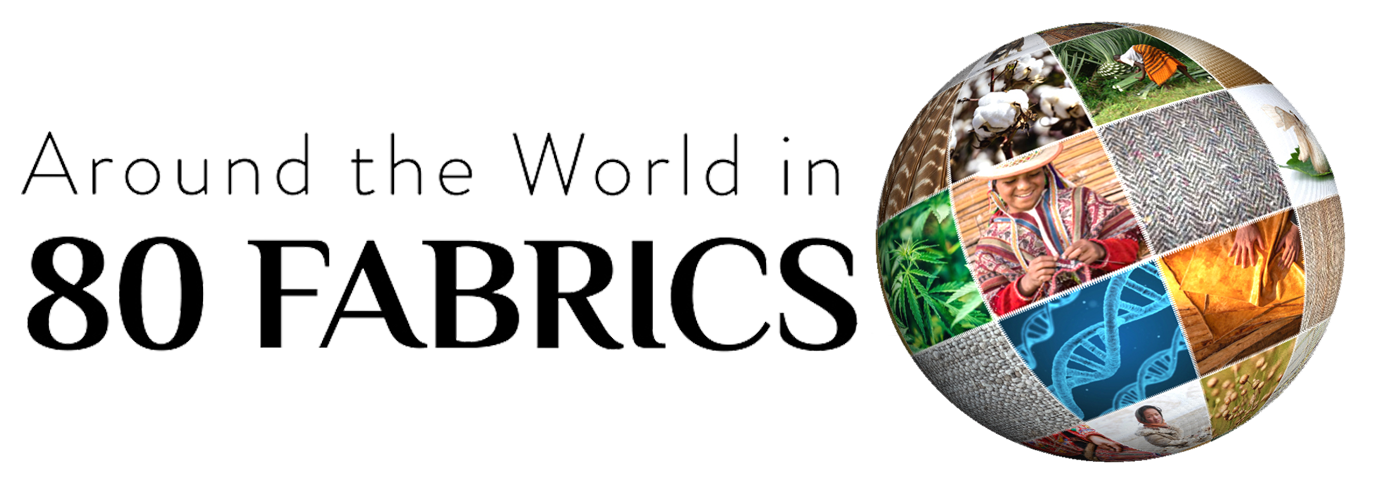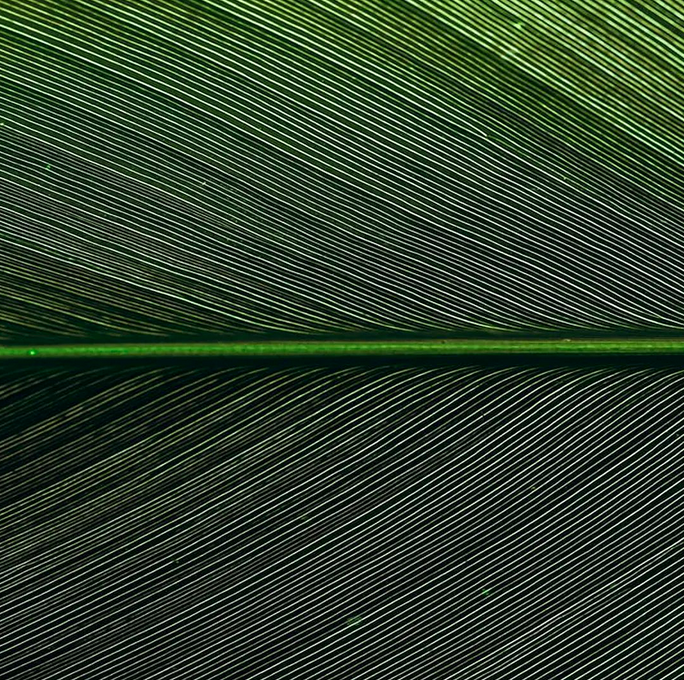
FABRIC: TREEKIND™
Regions: London, Great Britain
Fabric Name:
Treekind™
Origin:
lignocellulosic feedstocks from urban parks and gardens and inedible agricultural feedstock
Who made our fabric:
Biophilica, London, UK
Natural history and ecology:
Treekind™ is bio-fabricated from locally-sourced green waste (e.g. agricultural waste, fallen leaves, pinecones in parks, forestry waste). An interplay between fashion, biotechnology, and natural resources results in this biodegradable faux leather material, which can be adapted into clothing, shoes, purses, watch wristbands, etc.
What makes this so special: Treekind™ is turning over a new leaf for leather. Unlike traditional animal-based leather or petroleum-based faux leather, Treekind is environmentally friendly. Plastic-free and therefore entirely biodegradable, the flexible fabric is a great alternative to plastic-based leather products that break down into harmful microplastics (which make their way into the waterways, our food, and our drinking water). Animal-based leather also has a massive carbon footprint (1 kg of leather results in the emission of 120 kg of CO2) and uses up to 16,000 liters of water per kg of leather. Treekind, on the other hand, requires less than 1% of the water needed to make animal-based leather, and it is carbon neutral.
The fabric presents a promising opportunity for localized production. In its research and development phase, Biophilica sourced its materials for Treekind from parks in London (The Hurlingham Club and Fulham Palace) as well as from tomato plant waste, but its fabrication method could hypothetically use any type of green waste. Therefore, the process could work in most regions of the world.
Animal and plastic free leather alternative!

“We're in a world where we use all valuable resources in their scarcity, but we use it so prolifically now that our opportunity to replace it is either gonna be plastic, which is just gonna drive more plastic-based products into the environment, or we're actually gonna succeed at developing a series of truly bio-based alternatives, which can scale appropriately to be able to meet the massive, demand of automotive footwear. That's really what we see as the long term. Now, we're straddling two worlds at the moment. The reality is that the most lean-in we need is largely from the more high-end fashion industry. And we've had really good luck working with a few different ones.”
— Mira Nameth/Treekind™
Mira Nameth
Mira Nameth is a founder of Biophilica, an organization dedicated to the animal and plastic-free creation of leather. They stand on the fact that PVC synthetic leathers are not the answer to the problem as they add to the plastic issue, they are unable to biodegrade. Treekind, their first product, is developed as a leaf-based material. It is a plastic-free, animal-free twist on leather made from green waste. Made from lignocellulosic feedstocks from parks and gardens, as well as agricultural feedstock that is inedible, Treekind is compostable and non-toxic. It uses less than 0.1% of water compared to leather processing, and the carbon footprint is low. Biophilica promotes bio-based alternatives, working with green waste like twigs or bark, and has the technology to modulate color without complex chemical or mechanical extraction processes. They have won a multitude of awards for their inventions and ideas while maintaining their stance on animal and plastic-free work.



